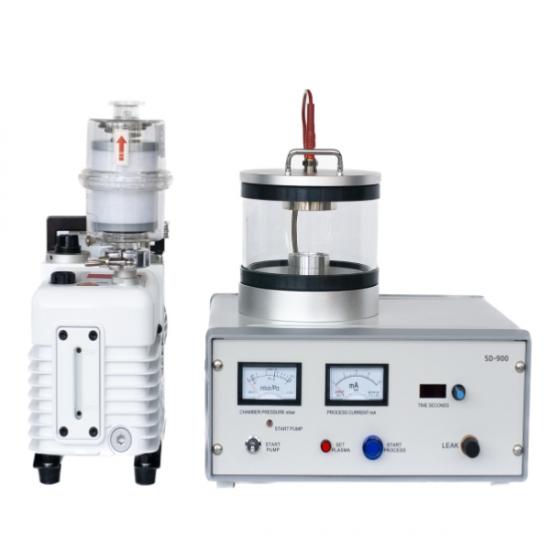Vacuum Coating Machine: An Overview of Technology and Applications
A vacuum coating machine is a specialized piece of equipment used to deposit thin films or coatings onto various substrates under vacuum conditions. This technology is widely employed in industries such as electronics, optics, automotive, and packaging, where high-quality coatings are essential for enhancing performance, durability, and aesthetics.
● Key Features of Vacuum Coating Machines
1. Controlled Environment: The machine operates in a vacuum chamber, significantly reducing the presence of contaminants and enabling precise control over the coating process.
2. Various Coating Techniques: Different methods, such as physical vapor deposition (PVD), chemical vapor deposition (CVD), and sputtering, can be utilized, allowing for versatility in applications and material choices.
3. Uniform Coating: The vacuum environment ensures even distribution of the coating material across the substrate, resulting in uniform thickness and quality.
4. High Precision: Advanced controls and monitoring systems allow for precise adjustments in deposition rates, temperatures, and chamber pressure, ensuring consistent results.
● Common Coating Techniques
1. Physical Vapor Deposition (PVD): This technique involves vaporizing a solid material and condensing it onto the substrate. It is commonly used for metals and ceramic coatings.
2. Sputtering: In this method, ions are used to knock atoms from a target material, which then deposit onto the substrate. Sputtering is ideal for creating high-quality metallic films.
3. Chemical Vapor Deposition (CVD): CVD involves chemical reactions that produce a solid material from gaseous precursors, often used for semiconductor applications and protective coatings.
● Applications of Vacuum Coating Machines
1. Electronics: Used for coating components such as semiconductors, circuit boards, and displays, enhancing electrical performance and protecting against environmental factors.
2. Optics: Vacuum coating is essential for creating anti-reflective coatings, mirrors, and filters for lenses and optical devices, improving clarity and performance.
3. Automotive: Coatings applied to automotive parts enhance wear resistance, reduce friction, and improve aesthetic appeal, such as chrome finishes on trim pieces.
4. Packaging: Vacuum coatings are used to apply barrier layers on flexible packaging materials, improving shelf life by reducing moisture and gas permeability.
5. Decorative Coatings: Widely used in consumer products for aesthetic enhancement, vacuum coatings can provide various finishes, from metallic sheens to colored surfaces.
● Advantages of Vacuum Coating Machines
1. High Quality: The vacuum environment minimizes impurities and defects, leading to superior coating quality and performance.
2. Versatility: A wide range of materials can be deposited, including metals, oxides, and polymers, making vacuum coating machines suitable for various applications.
3. Environmental Benefits: Many vacuum coating processes produce less waste and require fewer harmful chemicals compared to traditional coating methods, making them more environmentally friendly.
4. Durability: Coatings produced by vacuum processes often exhibit excellent adhesion, hardness, and wear resistance, extending the lifespan of the coated products.
● Considerations for Vacuum Coating Processes
1. Initial Costs: Vacuum coating machines can be expensive to purchase and maintain, requiring careful consideration of return on investment.
2. Technical Expertise: Operating and maintaining vacuum coating machines requires skilled personnel familiar with the technology and processes involved.
3. Process Optimization: Achieving the desired coating properties often requires extensive experimentation and optimization of various process parameters.
● Conclusion
A vacuum coating machine is a vital tool in many modern industries, offering the ability to produce high-quality, durable coatings on a wide range of substrates. With advancements in coating technologies and increasing demand for specialized coatings, vacuum coating machines play a crucial role in enhancing product performance and meeting the needs of various applications. As technology continues to evolve, the capabilities and efficiency of vacuum coating processes are likely to improve, further expanding their applications across different sectors.

